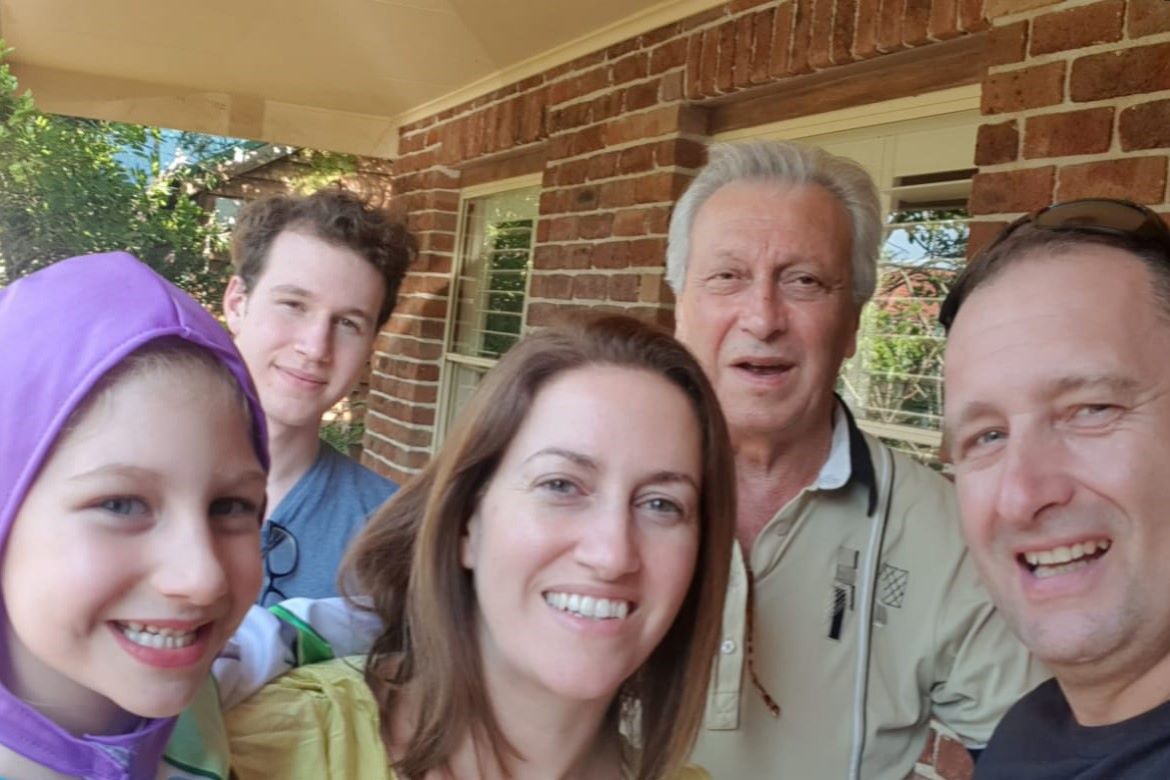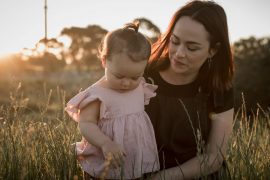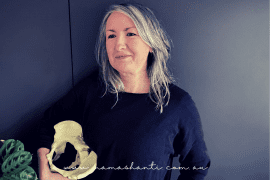By Tina Wild, Cerebral Palsy Alliance
All relationships experience demands and stresses, but having a child with a disability adds extra pressure. For some, the pressure can be too much and their relationship may fall apart. For others, the pressure – and hard work – makes their bonds stronger.
Here, parents Hiam and Joe share how their relationship has survived, and CPA therapists, Joan Bratel (clinical psychologist) and Robyn McMurdo (social worker), talk about their experiences of supporting families and helpful strategies that they have seen work.
Hiam’s family dream came true when daughter Eve was born. Defying medical odds, she survived and went on to walk, talk and feel emotions.
Eve is now a happy 5-year-old, who has recently started school and has mild cerebral palsy. Although Hiam and Joe count their blessings, the birth trauma and ongoing stress are ever present.
“You’re on an emotional rollercoaster from the start, and nobody will allow you off it,” Hiam says.
“You live on your nerves. Sometimes I can feel my heart rushing through my body like a freight train. I guess that’s the anxiety, not knowing what’s next.”
Hiam admits her relationship has been placed under huge pressure. The guilt she felt for returning to work is a pressure that society places on mothers. Despite Joe being Eve’s primary carer, which involves managing numerous therapy and medical appointments, people often defer to Hiam.
This assumption of traditional gender roles makes Joe lose confidence in his ability.
For Joe, the hardest things about Eve’s disability are the birth trauma, which still affects him, anxiety about Eve’s future (whether she’ll be accepted at school, how she’ll be affected as a teenager, and so on), the strain on the relationship, plus the financial stress of losing an income and paying for therapy.
Reactions to diagnosis
According to CPA social worker, Robyn McMurdo, grief reactions following diagnosis include denial, anger, guilt, blame and depression. ”Each parent will experience these emotions in different ways at different times. Parents usually tell me that one of them faced up to the reality of the disability before the other,” she says.
Psychologist Joan Bratel says when a child is diagnosed one partner may withdraw emotionally and be less available to the other as they struggle with their grief.
These losses may be compounded by the loss of social opportunities, friends, careers and income in order to provide the necessary support to their child.
For some couples, the ultimate outcome is an end to their relationship as they struggle to deal with their own emotions and to provide their child with the right supports.
Hiam believes the state of a relationship becomes amplified after diagnosis. If it’s already struggling, the stress of a child diagnosed with a disability will accelerate the struggle. Luckily, Hiam and Joe’s relationship was built on solid foundations, but there have been dark spells, and Hiam says it needs constant work.











